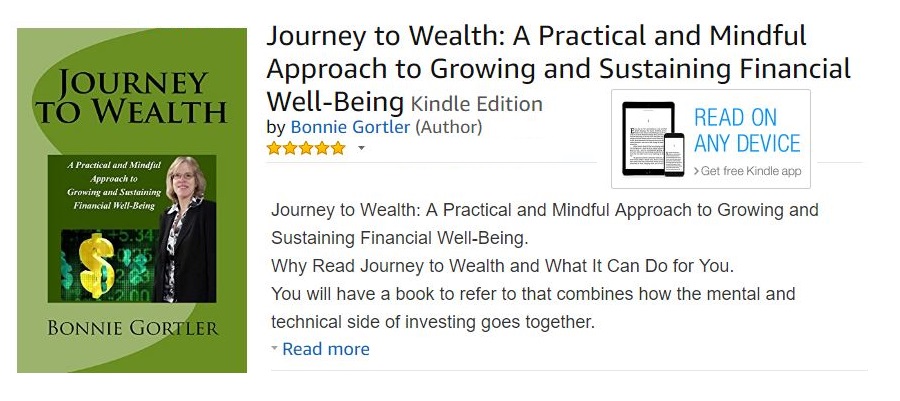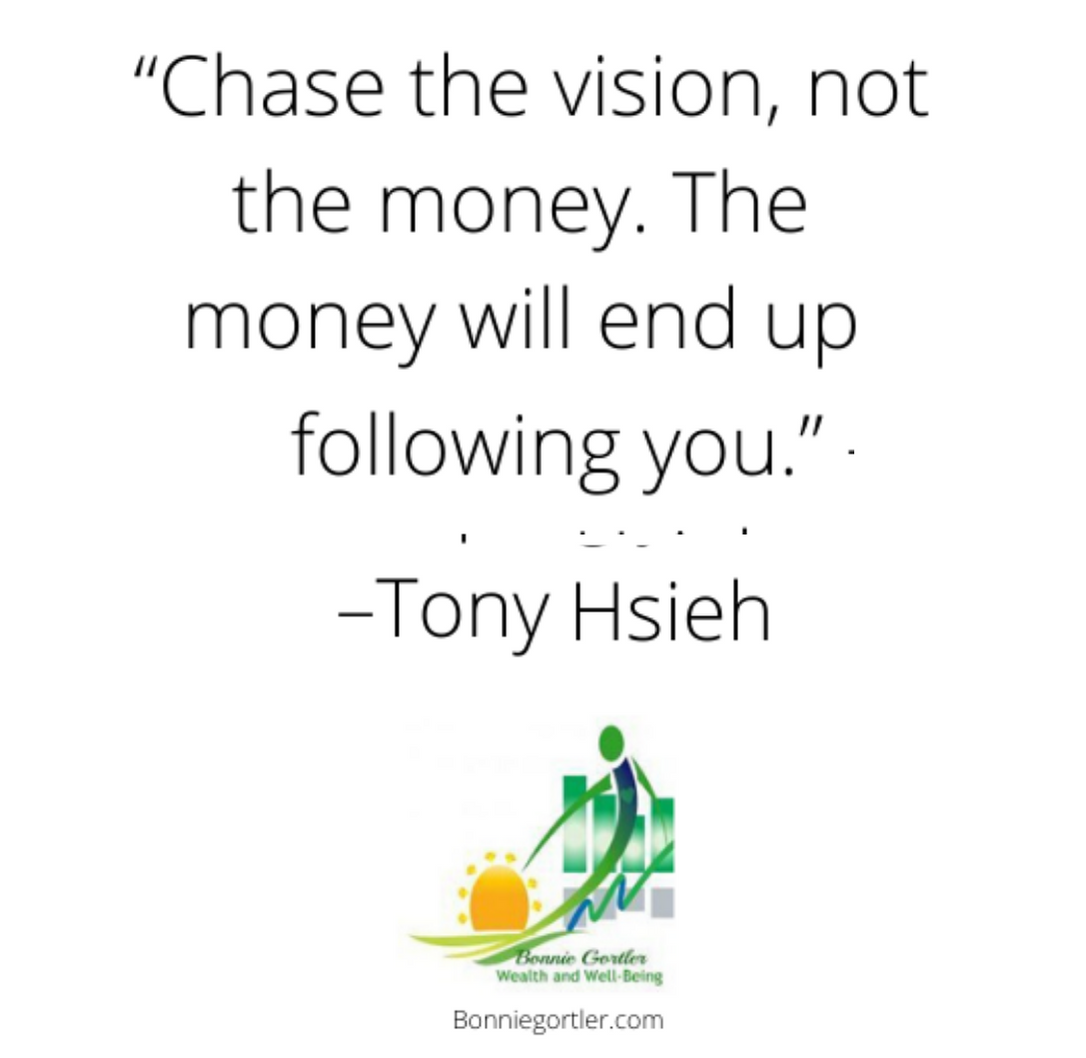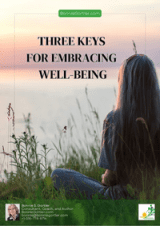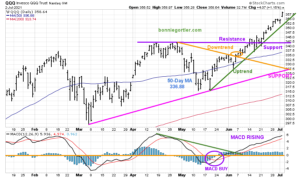If you need life lessons on building your wealth while balancing your health, order a copy of Bonnie Gortler’s “Journey to Wealth: A Practical and Mindful Approach to Growing and Sustaining Financial Well Being,” (Self Published, 190 pages, $17.95).
This book not only teaches you how to grow your portfolio but also how to take control of your well-being. These words of wisdom are written by a woman who perfected both by making her mom a millionaire within 15 years and losing over 75 pounds.
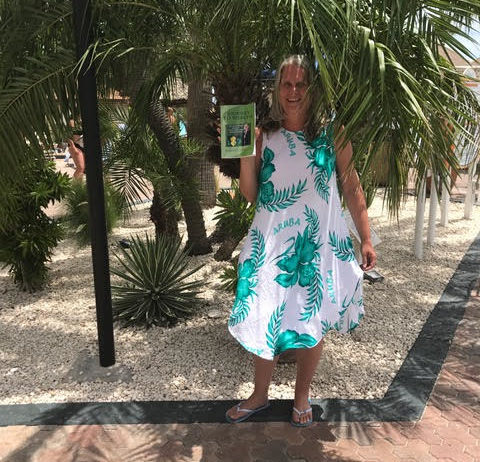 What I related to most from Bonnie’s book and life experience is how money and food is connected. The similarities between how much we spend and how much we eat are powerful. It all comes down to how we handle our emotions.
What I related to most from Bonnie’s book and life experience is how money and food is connected. The similarities between how much we spend and how much we eat are powerful. It all comes down to how we handle our emotions.
“You can make up a story and mask them (emotions), or choose to ignore the signs,” says Ms. Gortler, “but you will give yourself the greatest gift in life if you learn to listen to the message your emotions are trying to teach you.”
The first chapter explains how the right attitude is essential for wealth. The story we tell ourselves is vital about how we view money. The visualization exercise on how to take control of your emotions about the green stuff is worth trying. Repeat these affirmations three times with confidence, believing and feeling them:
“I choose to feel good about money now.
I release my fears and doubts about money.
I am an excellent money manager.
My wallet is stuffed with money.”
Is it any coincidence when I finished Bonnie’s text, August 2, 2017, the breaking news was the stock market hit 22,000 for the first time in its 121year history? On that day, I called our financial advisor about a decision made the week prior to leaving on vacation.
My emotions got in the way – for no reason at all. Was it worth the $50 phone call when away for two weeks on a 14 mile island? Peace of mind, maybe, as nothing could be done anyway. How can I get to the point of making a decision in nine minutes and moving on, like successful people? As I’m maturing, or maybe it’s this stage I’m in, I seem to be wavering back and forth more and more. Today I’m more aware of these emotions and am learning to acknowledge them. Self-discipline and focus are learned behaviors and skills that can be acquired at any age – if one is willing.
Having an “Exit Strategy” is the part that stuck out the most for me in the chapter on “Wise Investing.” We are still in a Bull market at this time, Oct. 2017, but who knows when it can turn? Gerald Appel, the creator of the MACD (Moving Average Convergence Divergence) taught Ms. Gortler the “stock market can fall twice as fast as it sometimes goes up so buying and holding is not always the best practice to investing.” MACD is a tool that I am going to look into for getting a heads up as that momentum is lessening and a quick shift in the present trend can take place.
Bonnie, who helped me relax and look at the positives in life on this summer’s family vacation, saw how my emotions went up and down when not eating the proper foods to balance blood sugar. It is up to me to research and take personal responsibility for the foods I choose to eat and when just like how to spend and save money. It’s been a longtime journey of striving to acknowledge, accept and learn how to deal with the emotional make up God created in me. As life coach Sheri Kaye Hoff recommended, look at being an ultra sensitive as a “super power.” At the half century mark of life, it’s imperative to think and act logically about money and food choices. Since I do most of the grocery shopping, I strive to be prepared with a list and shop with flyers and coupons to save money.
I gleaned more about the emotional side of money than the technical from this book. But that is who and where I am now as I am still learning about money management and making wise choices. Isn’t that what life is made up of — managing our time and making choices, with a splash of love in the midst of it all?
Ms. Gortler, the author, has been a senior portfolio manager with Signalert over 30 years, which is another accomplishment in this day and age. Her easy to read paperback explains how anyone can grow and sustain financial well-being by having the right attitude; developing a strong mental approach; knowing the right questions to ask about the market/your portfolio; saving strategies; investing tools/checklist and being flexible with your money. z
~ Kate

